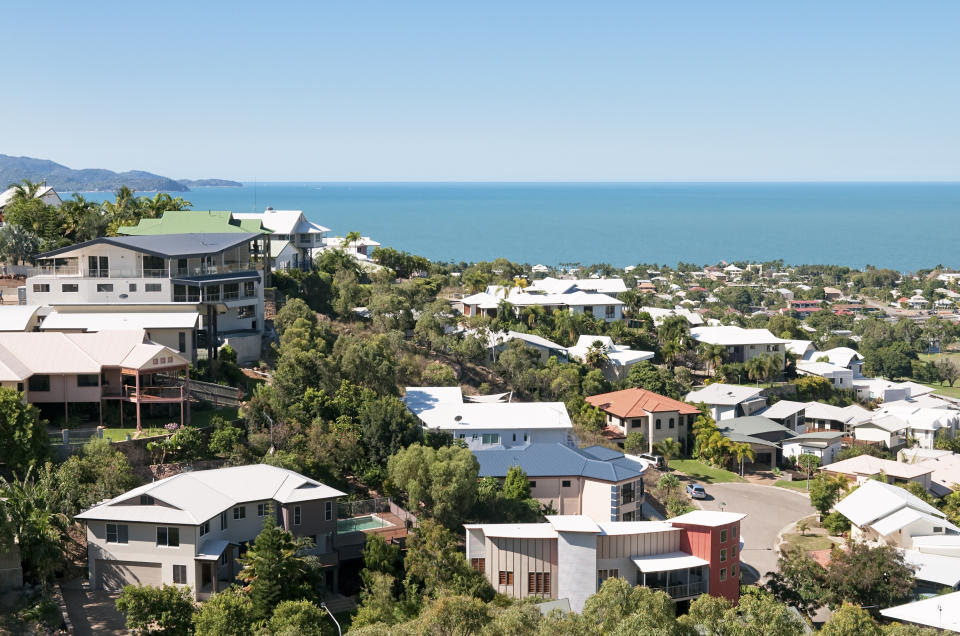When property investors go away, first home buyers come out to play: ABS

First home buyers are reaping the benefits of property investors’ increasing reticence, the latest national housing figures reveal.
The one-two punch of tighter regulator scrutiny and the Royal Commission fallout has meant investors are finding it increasingly difficult to secure finance.
And as Australia begins what looks to be another sluggish year for property price growth, investors just aren’t showing the same enthusiasm for new housing, PwC’s chief economist Jeremy Thorpe told Yahoo Finance.
According to the latest housing finance figures from the Australian Bureau of Statistics, owner-occupied housing commitments fell 1.2 per cent in the month to the end of November 2018 in trend terms, while investment housing commitments fell 1.5 per cent.
Investment construction commitments also fell 4.3 per cent, Thorpe noted.
In fact, investor housing finance commitments were at their lowest value since June 2013.
At the same time, the percentage of first home buyer housing commitments rose to 18.3 per cent from 18.1 per cent of total owner occupied housing finance commitments.
So what’s been the result of all of this?
“The fall in house prices has attracted some first home buyers,” Thorpe said.
But it’s not yet time for first home buyers to rejoice
As research firm CoreLogic has noted, the fall in property prices across the country have been largely led by declines at the most expensive end of the property spectrum.
Comparatively cheaper homes are yet to feel the same benefit.
And while first home buyers enjoy incentives like the First Home Buyer Super Saver Scheme, and immunity from regulators cracking down on excessive investor activity, they’re still struggling from lenders’ tighter standards.
About 40 per cent of loan applications for mortgages were rejected in December last year, the latest data from property research firm Digital Finance Analytics reveals.
It’s an astonishing leap from the 8 per cent recorded in December 2017.
The release of these figures coincide Fitch Ratings’ Global Home Housing and Mortgage Outlook for 2019 report.
Fitch agreed the decline Australia’s already seen has been fuelled by lower investor demand.
However, the credit ratings agency also warned off a national peak-to-trough decline of 12 per cent for home prices across Australia, and Sydney and Melbourne could expect to suffer worse. Fitch suggested mortgage delinquencies will increase as prices fall.
If this occurs, it will be the world’s worst housing decline in 2019.
Make your money work with Yahoo Finance’s daily newsletter. Sign up here and stay on top of the latest money, news and tech news.
Now read: Sydney suburbs with the cheapest beach houses revealed
Now read: What will happen to your mortgage if the Reserve Bank hikes rates?
Now read: ‘We’ve identified a number of issues’: Opal Tower report inconclusive

 Yahoo Finance
Yahoo Finance 
